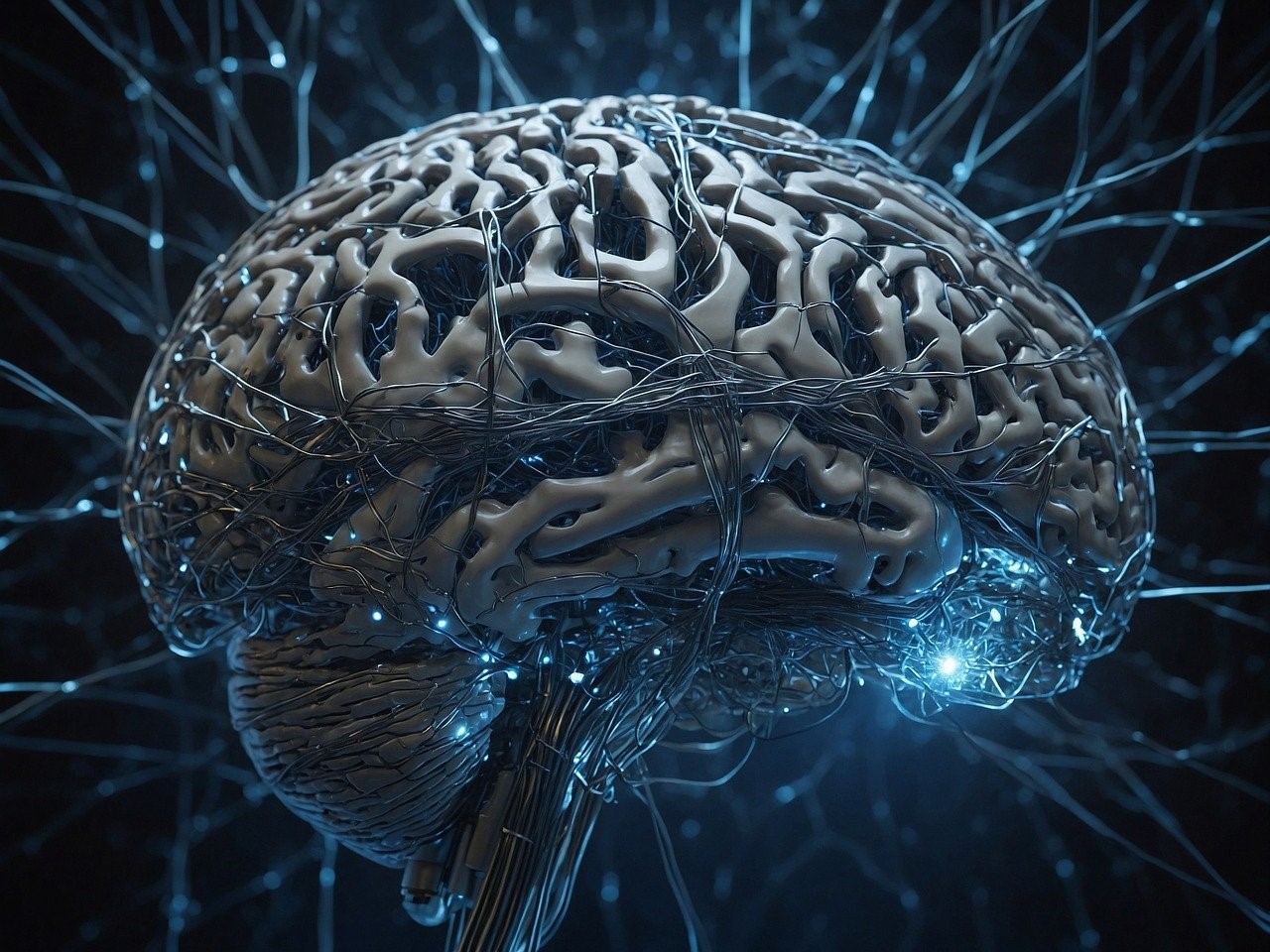Population Mental Health
Section Director | David Mandell, Sc.D.
Center for the Prevention of Suicide
The Penn Center for the Prevention of Suicide aims to advance global mental health equity, promote recovery, reduce stigma, and save lives by developing, evaluating, disseminating and implementing evidence-based practices, including cognitive behavior therapy, for individuals, families, providers, communities, and health systems in need of support. Click here to learn more.
Geriatric Psychiatry
The Geriatric Psychiatry Section’s mission is to improve the mental health and well-being of older adults through innovative translational neuroscience and health care services research, through the education and training of clinicians and future leaders in the field of geriatric mental health, and through direct patient care. Late life is a time of transitions, with increased vulnerability to losses and illnesses that can lead to problems in memory and other cognitive abilities, emotion, and behavior. Our goals are to identify the nature and causes of these common problems, to use the most advanced treatments to help restore mental health, and to discover strategies to enhance resilience against the distinctive stressors of late life. Click here to learn more.
HIV / AIDS Prevention Research Division
The mission of the HIV/AIDS Prevention Research Division is to develop and evaluate interventions designed to reduce the spread of HIV and other blood-borne infections. The Division promotes the application of scientifically sound data in the development of public health policies designed to respond to the HIV epidemic. Click here to learn more.
Message Effects Lab
The Message Effects Lab helps teams design and conduct behavior change and implementation science research using predictive models of behavior and validated measurement approaches. Whether the goal is to understand patient or clinician behavior, we provide expertise in the relevant qualitative and quantitative methods, and we use empirical evidence to identify the most promising messages for behavior change interventions. Click here to learn more.
Penn Center for Mental Health
We are Penn Center for Mental Health (CMH), the premier academic center for advancing mental health research, policy, training and practice. Our dedicated, multidisciplinary faculty and staff connect research and evaluation findings to policy decisions and to delivery and implementation of services to improve the lives of people with psychiatric and developmental disabilities.
CMH was founded in 1984 at the Perelman School of Medicine at the University of Pennsylvania and is nationally recognized for its research, technical assistance, practice and academic training in adult and children’s mental health services. Since then, we have been a champion for people living with or at-risk for mental health problems, supporters of the people and programs responsible for creating policy and system change, and have conducted rigorous research, and have provided unparalleled community partnerships and research training for undergraduate, graduate, doctoral and postdoctoral trainees.
Our work continues to increase the likelihood that people currently living with mental health needs are treated with techniques proven to result in more positive outcomes. Click here to learn more.
Penn Collaborative for CBT and Implementation Science
The Penn Collaborative for CBT and Implementation Science (Penn Collaborative) is a joint clinical, educational, and research partnership with community behavioral health providers, payers, and networks, all in pursuit of the same goal: placing tangible, evidence-based tools in the hands of the front-line staff who support individuals seeking recovery and wellness. Click here to learn more.
Penn Mental Health AIDS Research Center (PMHARC)
The Penn Mental Health AIDS Research Center (PMHARC) strives to transform how individuals with comorbid mental illness and HIV/AIDS are treated and managed by developing innovative, interdisciplinary, and integrative approaches to optimize psychiatric, behavioral, and medical outcomes and achieving a better understanding of the biological, psychological, and behavioral mechanisms underlying these combined illnesses and treatments. Click here to learn more.
Women's Behavioral Wellness
Our mission is to promote women's wellness through education, clinical care, and research that broadens our knowledge of how periods of hormonal fluctuation contribute to cognitive and emotional changes across the female lifespan. Click here to learn more.
Philly Autism Instructional Methods Support (Philly AIMS)
Click here to learn more.
Back to Top

